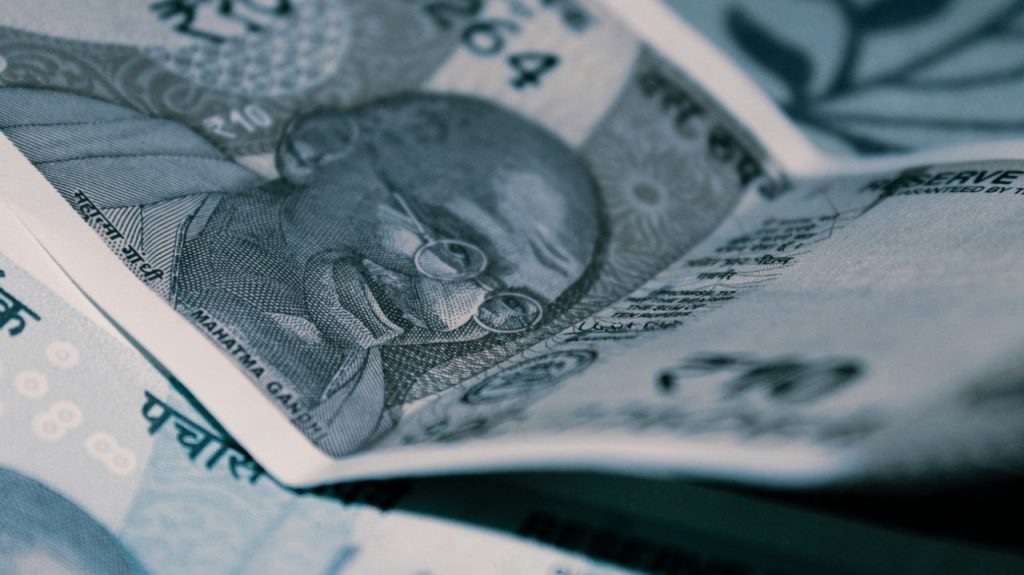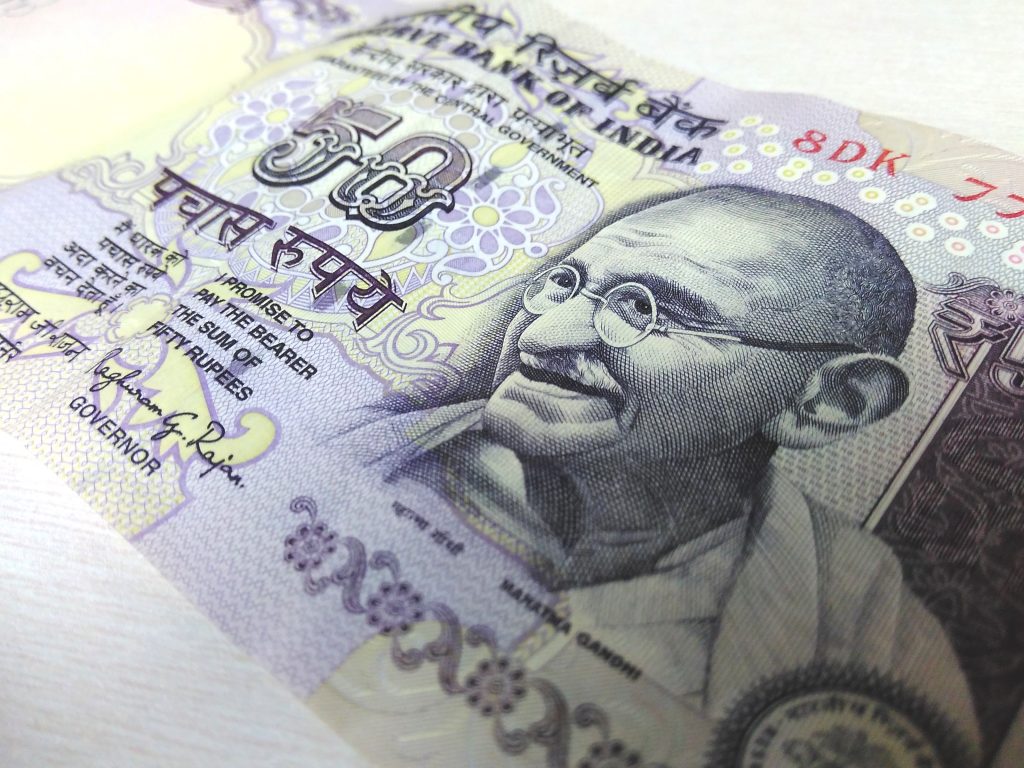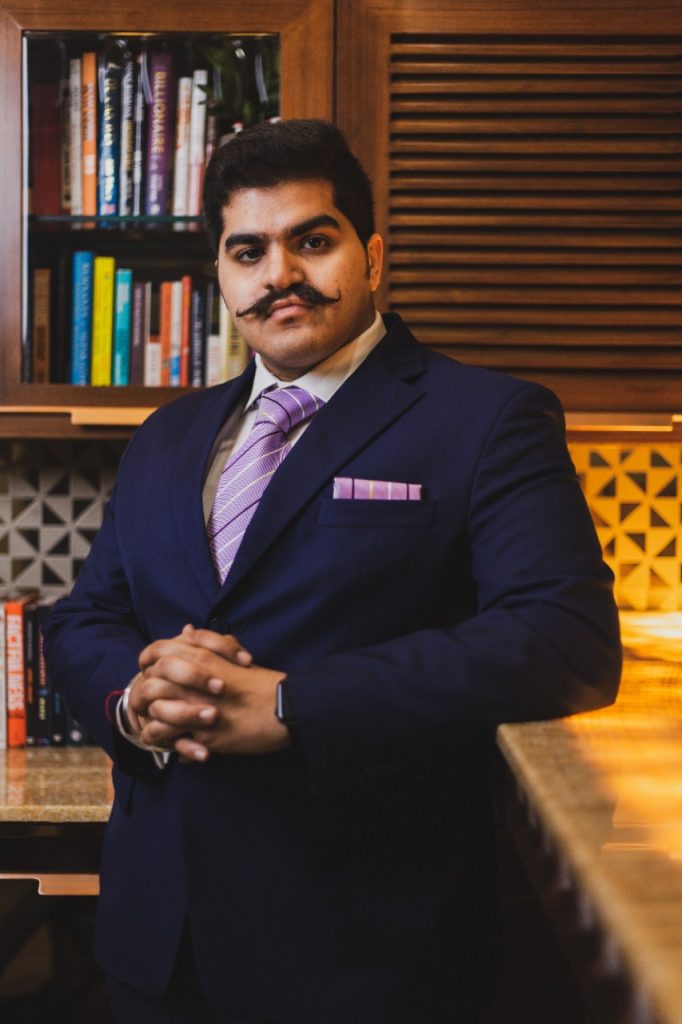I have never had someone saying, ‘I got on a budget, got out of debt, built wealth–and I HATE IT.’ Here are my views on Personal Finance.
By Pranav Vashista
What is Personal Finance?
Personal finance is a term that covers managing your money, saving and investing. It includes budgeting, banking, insurance, debts, investments and retirement and estate planning.
It is meeting our financial goals, having enough cash for short term needs and the right planning for meeting long term financial goals.
It depends on individual income, expenditure, living expenses, and personal goals, requirements and desires. It’s essential to come up with a plan to fulfil your goals, staying well in your financial boundaries. To make most of it you have to become Financially Literate, distinguish between good and bad advice (given by Financial Advisors?) and make savvy decisions. What made one create Millions, may leave you bankrupt if you don’t customize your own Financial Goals according to your own plan and needs.
A lot depends on our mindset. I have seen people going into consumer debt to buy THOSE SNEAKERS just because they are worn by “a celebrity”. What we don’t understand is that the celebrity is getting paid to wear those sneakers. We on the other hand are paying a ridiculous amount of money to buy it, which obviously can be put to a better use.
Learning to handle one’s own finances is an art which requires commitment for time management and money management. While lacking this management of both time and money, we Millennials suffer and take irrational decisions and end up spending lavishly on a Saturday and then borrowing money to pay rent on Monday. To not make it very complex, I am using simple analogy for you to plan your finances better and to see what mistakes shouldn’t be made in early years of life:
Budget your finances A budget is an essential tool which can be used to one’s advantage when the incomes are low and dreams are high, there’s famous quote “It’s not about how much money you make, it’s about how much money you keep” You’ll only be able to keep those rupees in your pocket. If you budget well. I generally use the 50/30/20 rule. To break it down: ⬈ 50% are your living expenses that goes towards your daily needs which includes rent, electricity, utilities, groceries and transport and other essentials. ⬈ 30% are your savings which are to be kept for your future endevours which can be for a higher education, funding your business idea or simply a vacation. ⬈ 20% can be used as lifestyle or luxury expenses which can be utilised for dining out, designer shoes, bags and other entertainment. Budgeting has never been easier, you can make your own formats on Excel or there are innumerable apps available on both IOS and Android which can be used to one’s advantage in the digital era. What you need is a commitment. 
Need for a contingency/ emergency fund Majority of the expenses come at the times when they are the least expected, for example medical bills, car repairs, etc. Financial advisers usually advise one to save to have a ‘Rainy day’ fund meeting your expenses for six to eight months.
Use Credit Cards to your advantage A credit card is a tool, just like a knife, it’s used in the kitchen to cut vegetables, similarly it can be used to kill/harm someone. If not used wisely, Credit Cards are a weapon of mass financial destruction. Most of it has to do with the excessive fees attached to it. To add to it, there are detailed studies that show when using a credit card, one tends to spend more. While using one, my suggestion would be to read about the hidden charges. If used with discipline, they can give you great cash back and a good credit period. Also, paying your bills on time gives you a good credit score. 
Pay off student loans The cost of education has been significantly increasing over time. Taking a student loan sometimes is the only way for a Formal University Education. The best idea will be to take a loan of as less a duration as possible. Any bonuses and additional incomes should go to pay off the principal loan amount at the earliest.
Limit your Debt Right from your 20’s, you have a great role to play to shape your financial future. Getting into excessive debt in your early life can have huge financial implications for years to come. I have seen people over leveraging their credit cards, buying things on EMI’s on various e-portals. Consumer Debt or Credit Card Debt is one of the worst debts one can trap oneself into. The cycle is recurring and extremely difficult to escape. To limit debt, there’s one simple rule of not spending more than you earn. No, your big fat bonus should not go as your Car down payment, use it to buy investment seeds.
Maintain a good credit score You can’t completely escape debt, what you can do is control the cost of it. How?
Maintaining a good credit score can help you get your loans approved in lesser time and lesser interest rates. What is Credit Score? It’s a numerical analysis of a person’s credit’s files to represent creditworthiness of a person. It’s a scale from 300 to 900. Where, 750 and above= Good credit 600-750= Average credit Less than 600= Poor Credit Not paying your bills on time, over leveraging, rejection of credit card payment missing EMI payments can have drastic effect on your credit score. I suggest you to monitor it every now and then and you can get a detailed credit report from your bank at minimal fee.
Buy investment seeds During my college years I interacted with a lot of people and studied their financial habits. I saw that for many people savings implied, “keep money in bank”. What many of us miss, is that savings can be invested further to enhance our sources of income, other than our jobs and primary businesses. Savings is a great habit, but it makes a total sense to invest the money saved in a way towards higher returns. An average savings account gives 3.5% interest rate and the interest earned is again taxable. A Fixed deposit account can give a higher rate of interest with a lock in period. Investment implies a judicious decision to distribute your savings at different levels of risks and returns.
Hustle on the side too It is very important to have multiple sources of income and not depend on one job. I would recommend “develop a side hustle”. It can be monetising anything you like. Many people are graphic designers, web developers on the side while still in college; others are amateur photographers, painters and writers. Along with an intellectual and a creative stimulation your interest can lead you to some extra cash and skill enhancement.
Maximise your tax breaks Taxes were never easy to understand, but this should not be a deterrent. It makes total sense to read about them, learn from Chartered Accountants and Financial Advisors to take the full advantage of your tax deductions. Section 80(c) allows us to take a deduction of Rs. 1,50,000 if we use that money to put it in PPF, 5 year FD, Interest payments towards your mortgage. You can read more about it for you to decide what suits you best or get in touch with a financial advisor for Personal Finance.
Invest in yourself I have seen people buying the most expensive wardrobe without a second 
thought , but mulling for weeks, whether to enroll in a skill enhancement course. Invest on yourself intellectually and financially. Read more, learn more, interact with experts and peers and see any opportunity of financial literacy as a self enhancement.
Create value for yourself.
Do Books, not drugs.
Pranav Introduction Pranav Vashista is a third generation entrepreneur working in his closely held family corporation. He has a vision of creating of creating financial literacy amongst millenials. He mentors millenials on Personal Finance and endeavours to make people take their financial decisions in their own hands.
He is a budding author, a speaker on Personal Finance and full time learner. He is Pursuing CFA from the CFA institute. You can connect with him professionally on https:// www.linkedin.com/in/pranav-vashista-pdc/
Well, if that’s the problem, look for a solution. Ciao…



